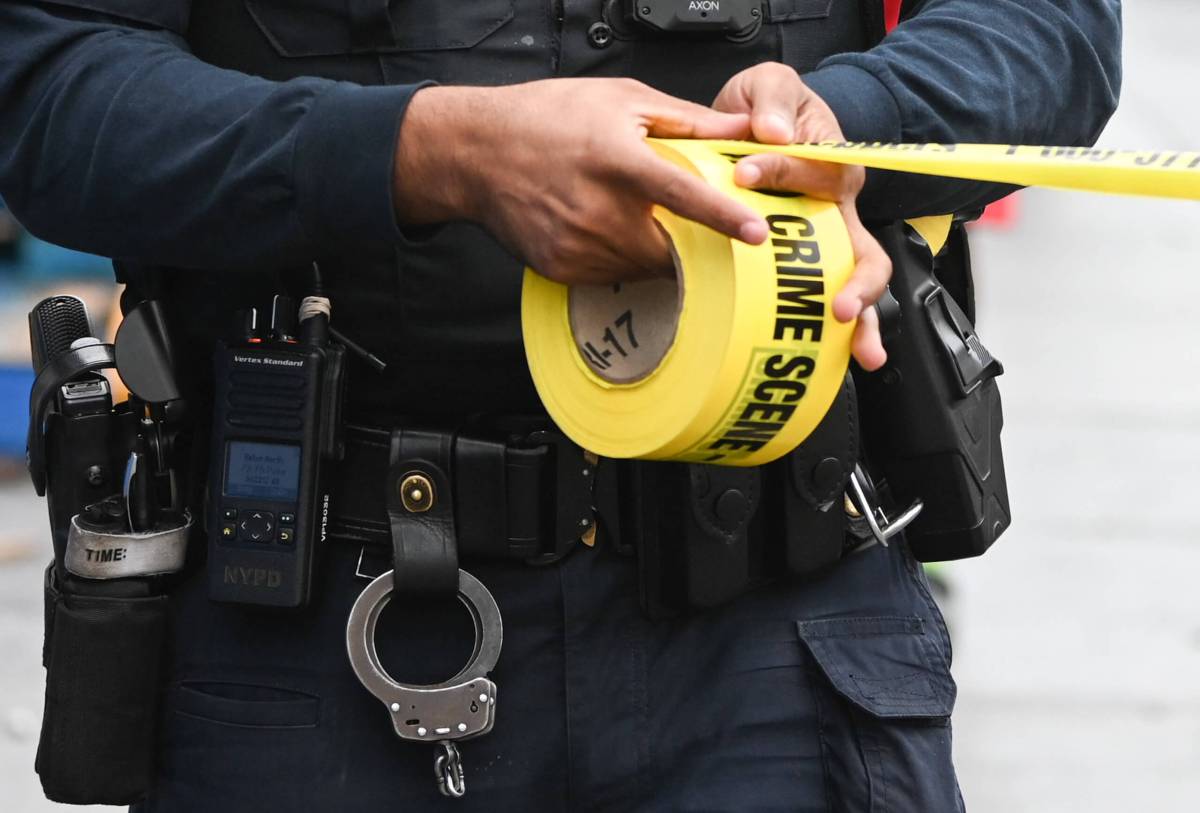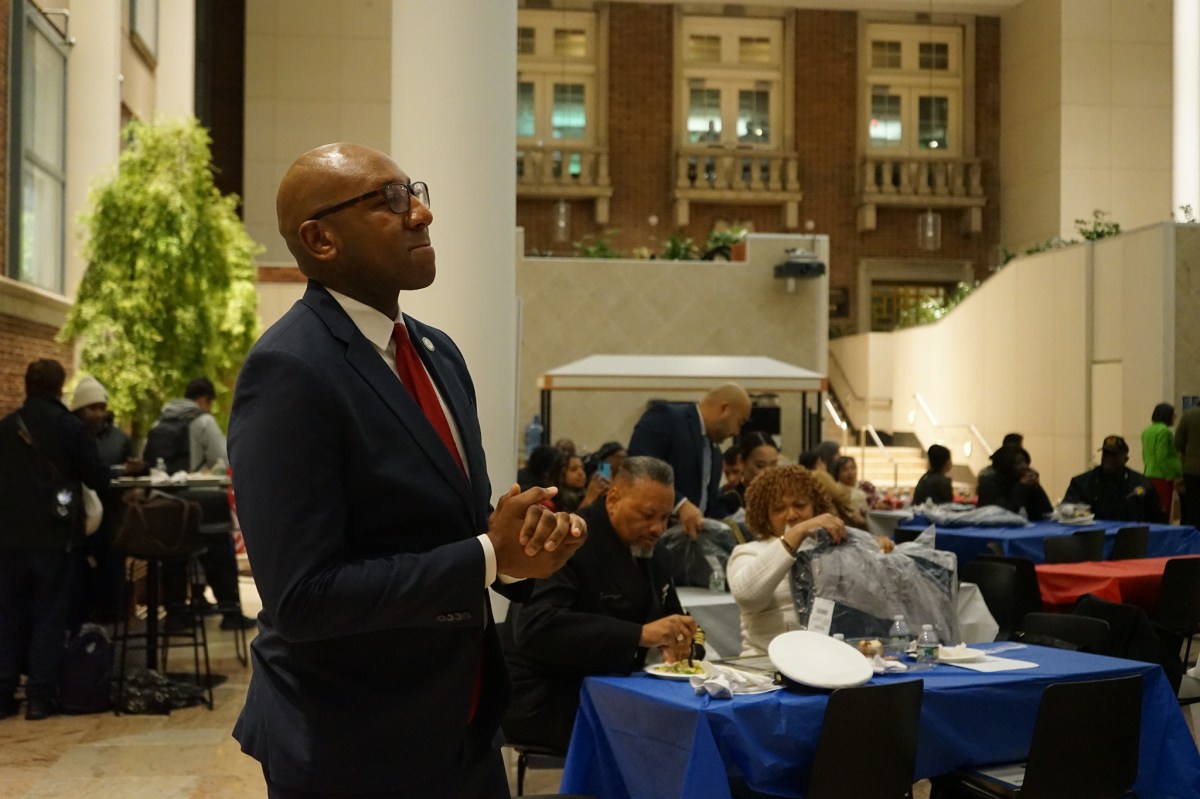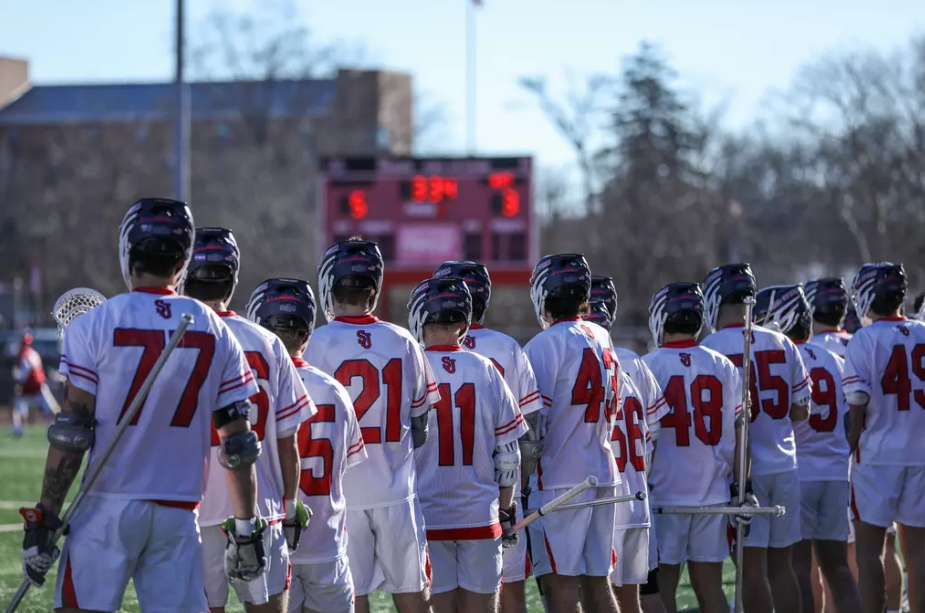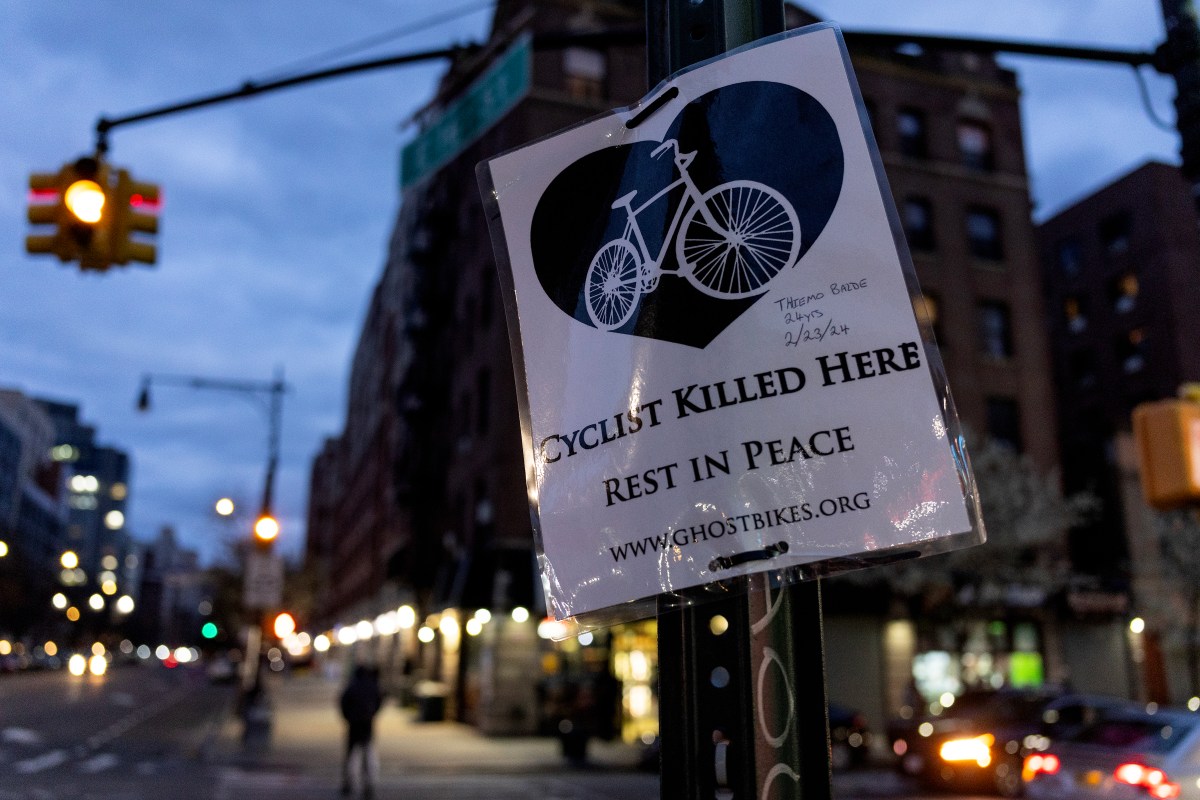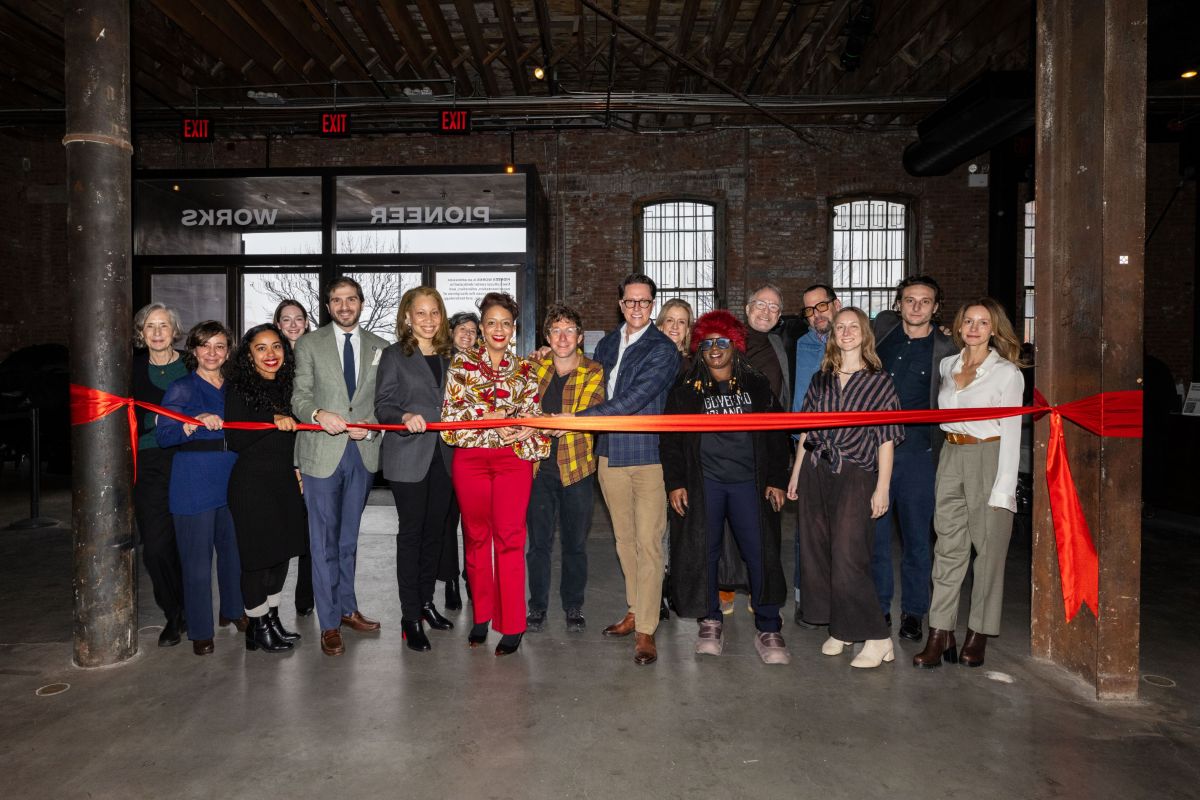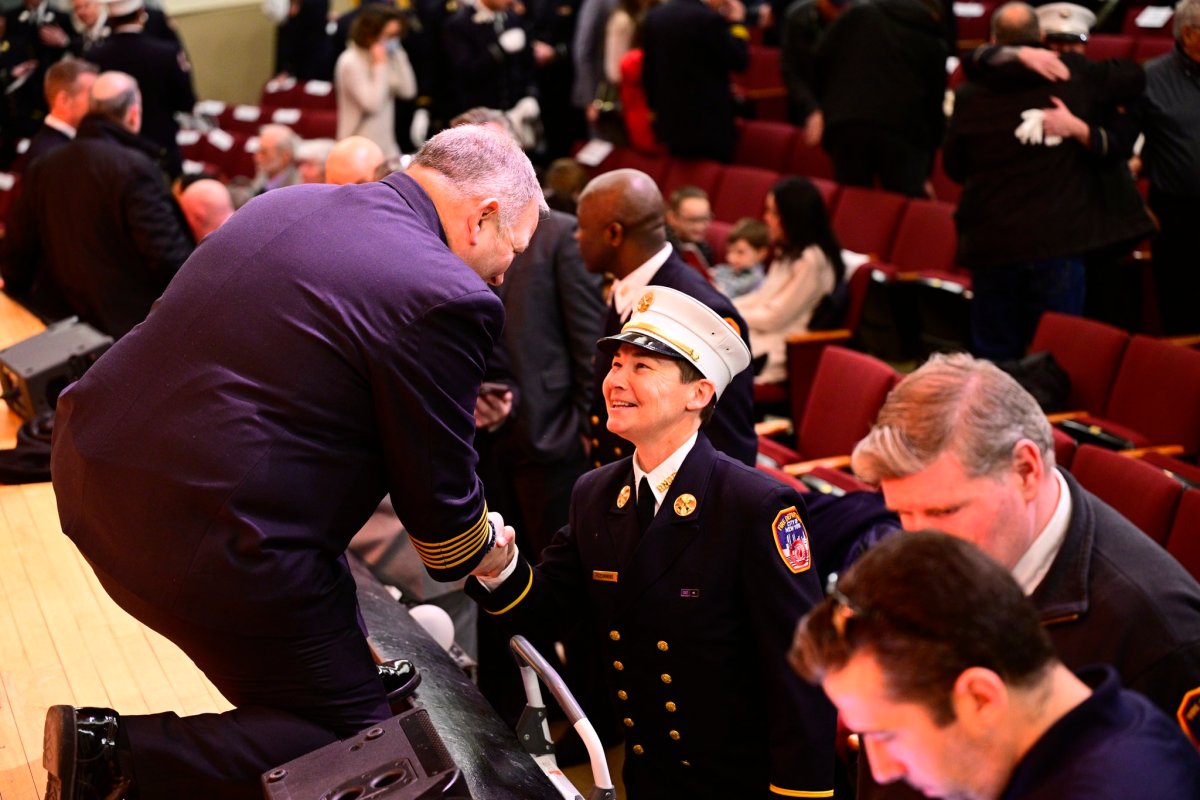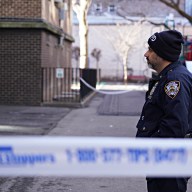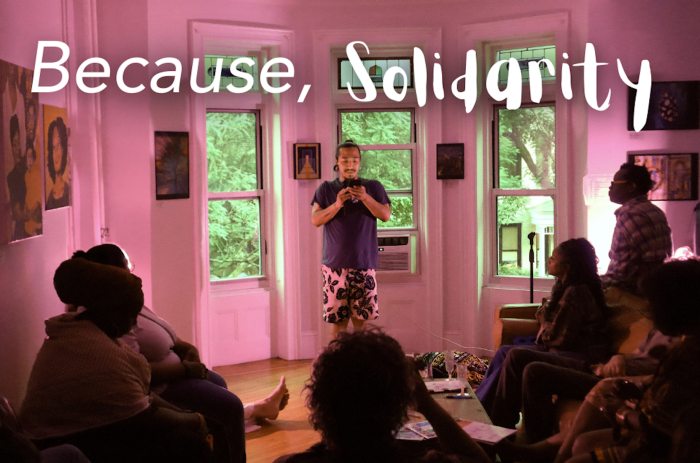Elected officials and civil rights advocates in the city are concerned that the public and the Fourth Estate will eventually be cut off from police communications entirely should the NYPD move full bore into radio encryption.
“It’s terrible, it’s just terrible,” said Public Advocate Jumaane Williams, when asked about encryption at a recent City Hall rally. “I’m gonna try to figure out something here.”
In addition, sources familiar with the situation — including those knowledgeable with the city’s emergency response system — told amNewYork Metro that the NYPD will be returning to the City Council this coming year to ask for millions more to get their lagging communications and encryption build-out to work properly after numerous delays.
The additional funds are on top of hundreds of millions in federal funding that was given to the city to improve radio communications throughout the city.
The NYPD, meanwhile, has declined to directly answer numerous questions from amNewYork Metro regarding the additional costs, the original price tag and project goals which include the original request for proposals to and from vendors have been stymied by the NYPD legal department.
Responses to freedom of information requests have been answered with responses declaring, “I must deny access to these records on the basis of Public Officers Law Section 87(2)(e)(iv) as such information, if disclosed, would reveal non-routine techniques and procedures,” thereby declaring those records a secret.
One other FOIL request is still pending. The denied FOIL requests are being appealed.
Sources say encryption does not work in subways and would require thousands of repeater transmitters to complete a build-out. The NYPD issued a statement saying, “The NYPD has no plans at this time to employ digital or encrypted communications in the city’s transit system.”
But last week, the NYPD also issued a statement indicating that it is “currently evaluating encryption best practices and will communicate new policies and procedures as we roll out this upgraded technology. We will listen to and consider the needs of members of the media when making these decisions.”
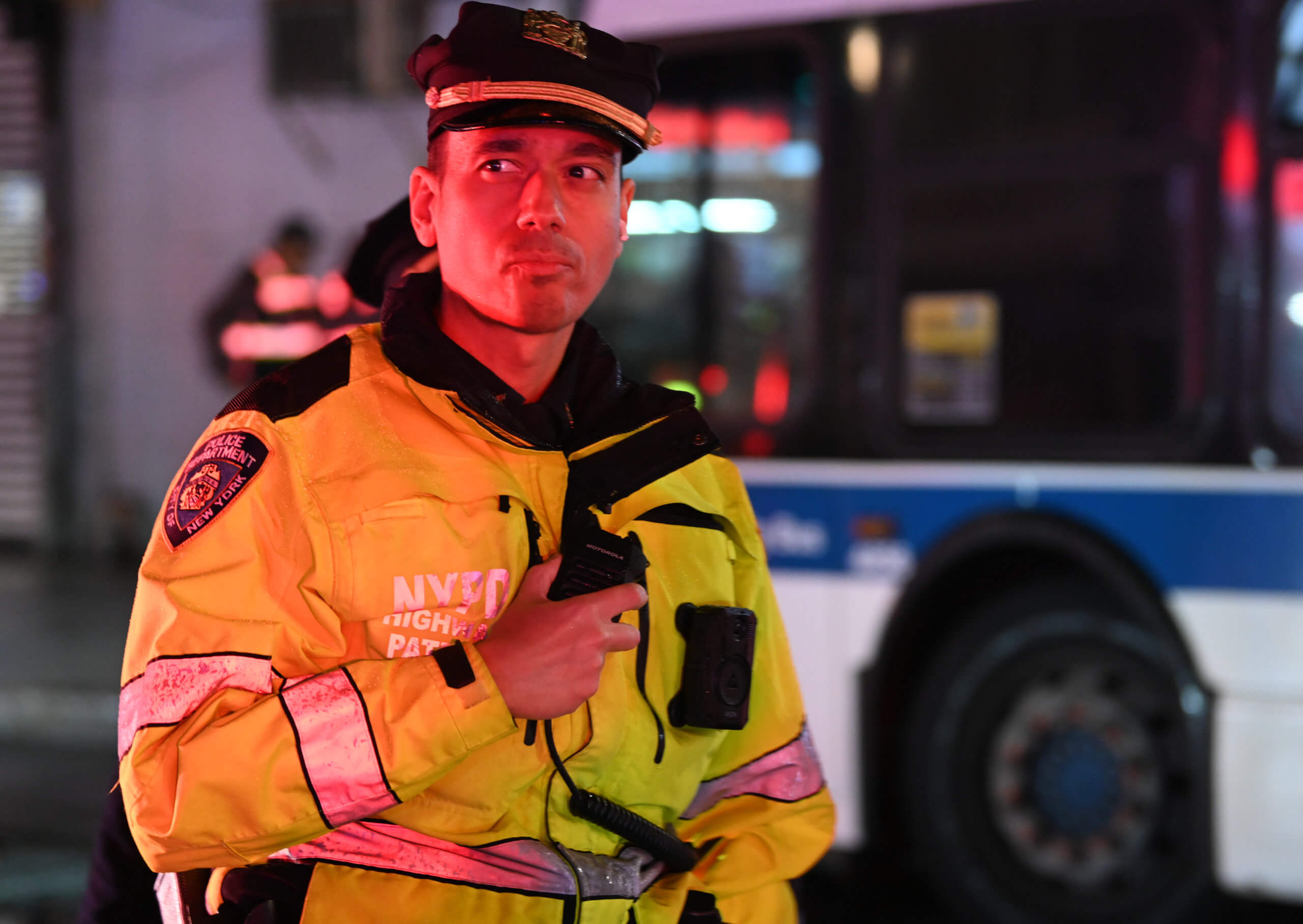
Mayor Eric Adams was non-committal about the potential for radio encryption, but also said in a statement that he will be listening to concerns from the media.
“The NYPD is undergoing a systems upgrade that will not be complete for a couple of years. During this period, they are evaluating encryption best practices and will communicate new policies and procedures as they roll out this upgraded technology. The PD will also consider the needs of the media during this time.”
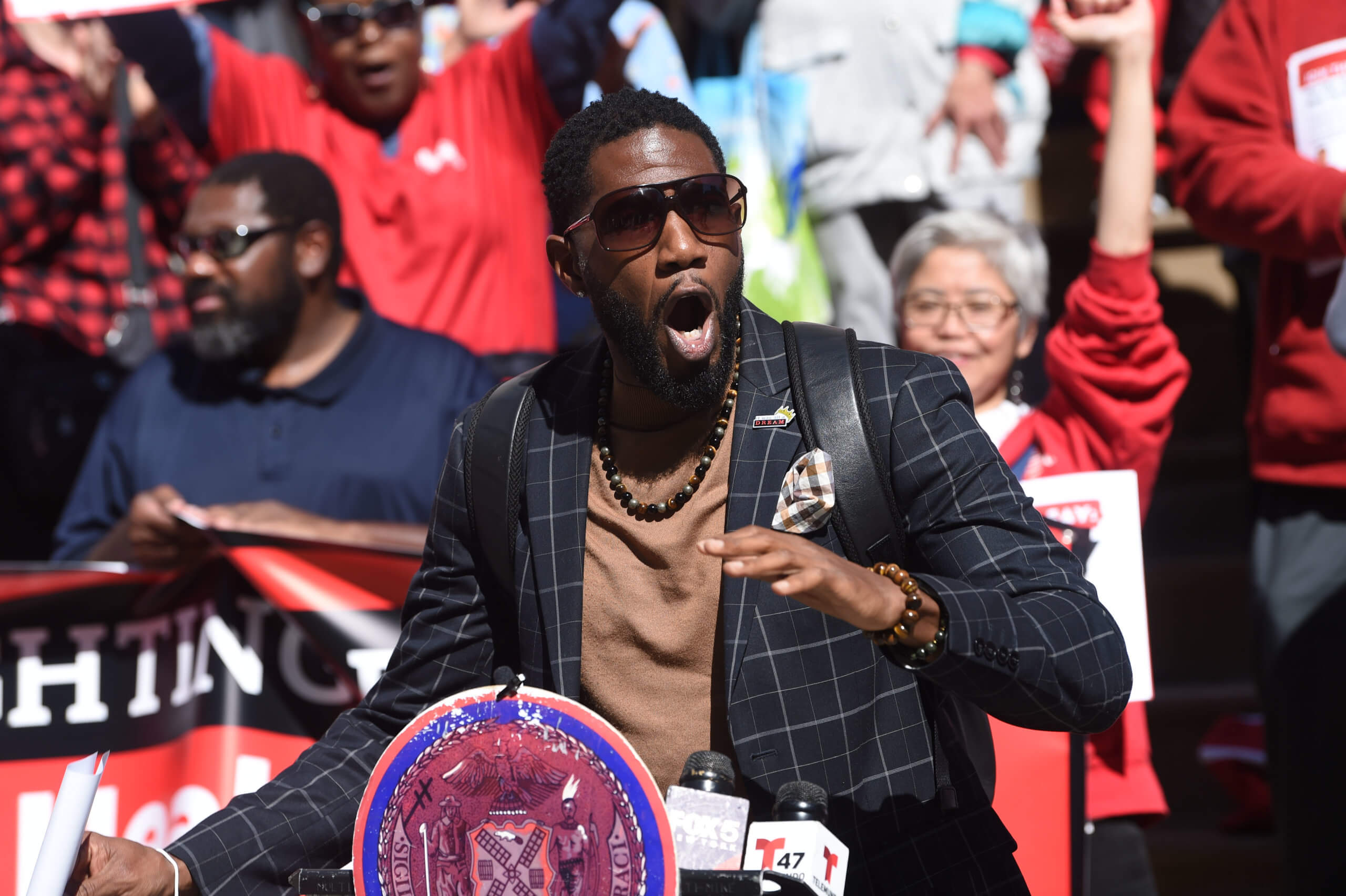
Members of the City Council say they have been in the dark about the NYPD radio encryption with leaders expressing concern about a “regressive transparency policy.”
Council Speaker Adrienne Adams apparently didn’t know about the NYPD plans to encrypt their radios.
“There are many outstanding questions about how NYPD and other city agencies intend to utilize encryption and newly-available technology for radio transmissions,” said Speaker Adams. “It is critical that the safety of New Yorkers and public transparency be safeguarded regarding radio transmissions, because community first responders and entities that inform the public rely on them. New York City must avoid the mistakes of other cities and engage in a transparent process that guarantees any potential changes in policy are the subject of public engagement, so they are informed and shaped by all relevant stakeholders. The Council will remain engaged in oversight and policy-making to achieve this, and ensure that the values of community safety and transparency are prioritized.”
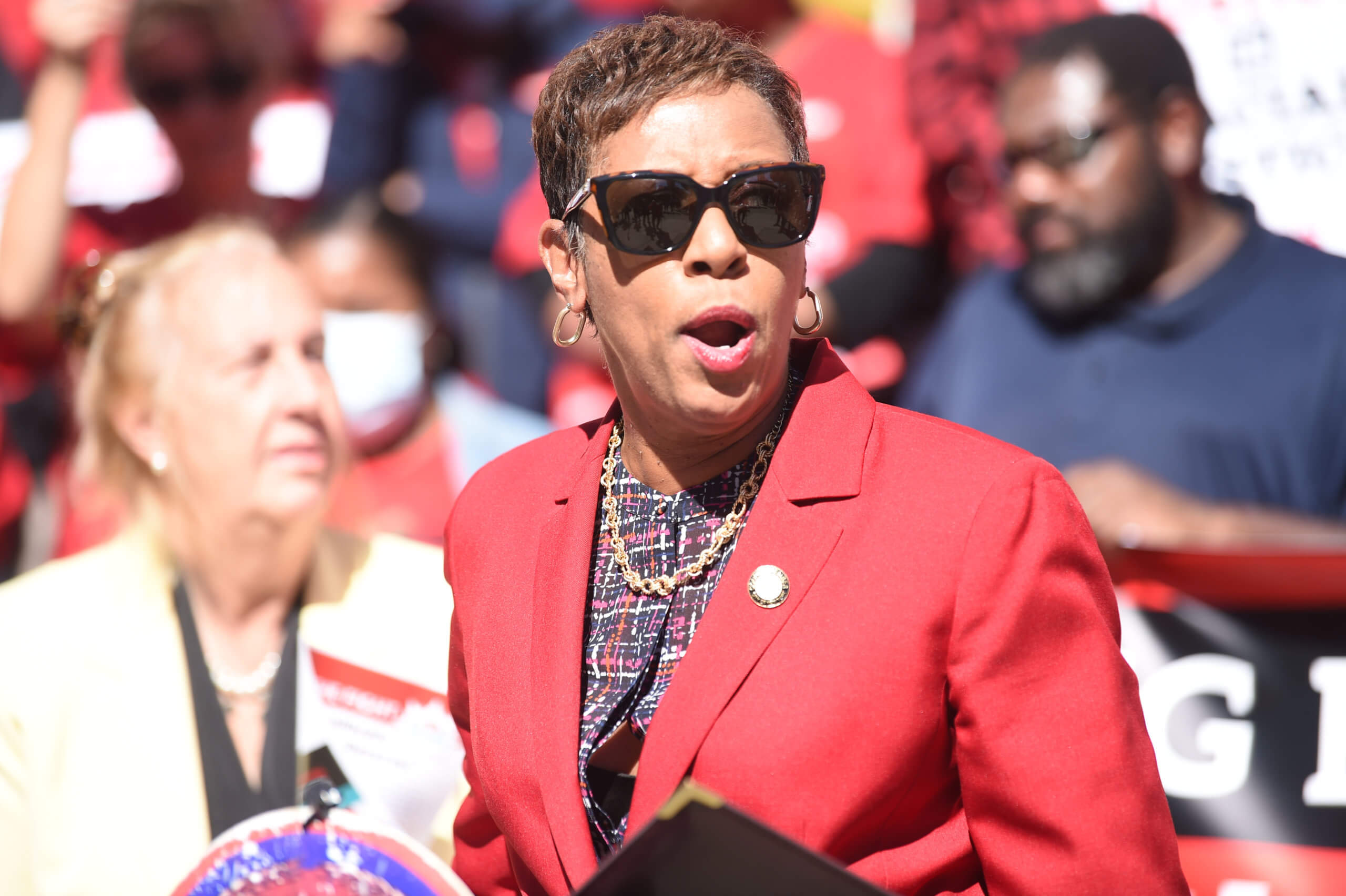
Other legislators at a recent City Hall rally also said they didn’t know about the NYPD plans.
City Council Member Sandy Nurse, an advocate for civil rights, said she is concerned about the plan.
“Encrypting NYPD radio communications is the wrong thing to do,” Nurse said. “As our city and nation work toward stronger policy accountability, we need to increase transparency, not destroy it. The NYPD is the largest paramilitary force in the country—we need to ensure our press, lawmakers, and New Yorker’s can hold this outsized force accountable.”
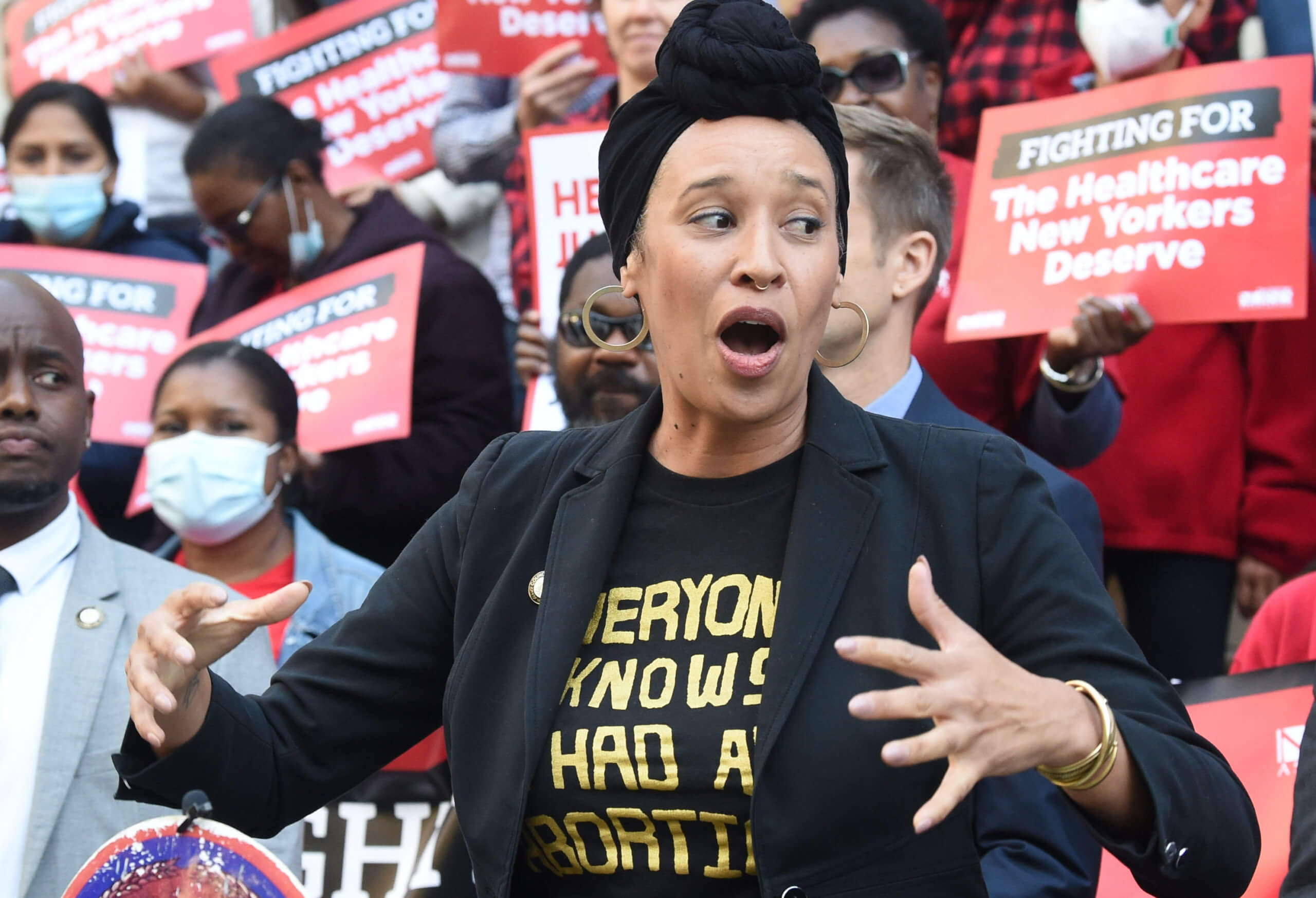
Other City Council members said they would investigate.
Civil rights advocates also sounded off about encryption.
“The mayor rolled over,” said Rev. Kirsten John Foy, President & CEO at The Arc of Justice. “The NYPD needs to have accountability – they can’t operate in a clandestine manner like some intelligence agency and that’s just not acceptable. We need to have access to their communications- we are entitled to it. We have to make sure there is that measure of accountability and it has to start with police communicating with police. We’ve seen instances where there has to be a review of police actions if we are going to improve police community relations – encryption is antithetical to that end.”
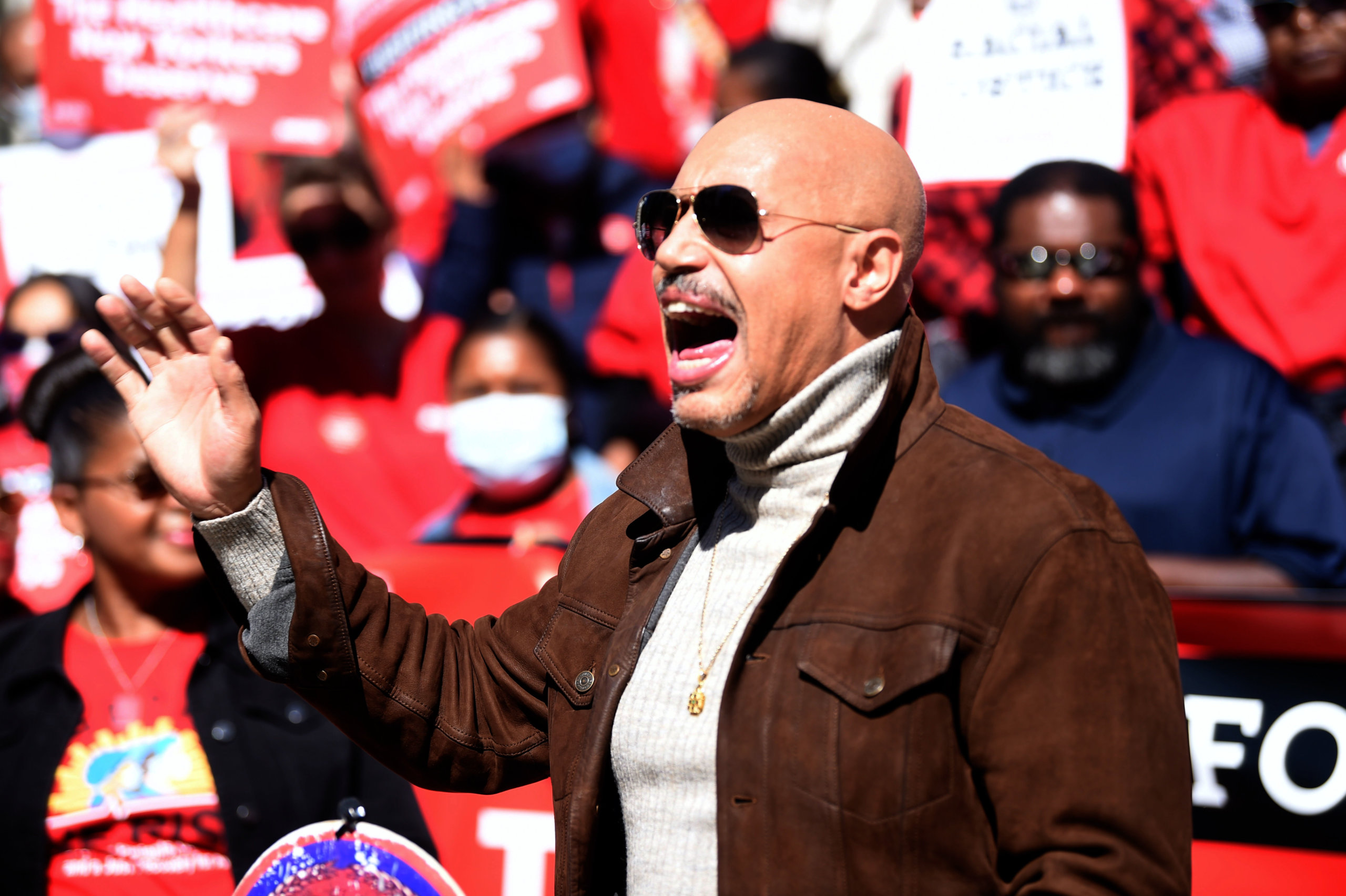
Press hampered, public knowledge limited
Advocates and media members say full radio encryption would severely hamper the press efforts to cover breaking news stories, leaving the NYPD in virtually full control of the narrative.
Stories such as the Eric Garner chokehold death on Staten Island, and high-profile police shootings resulting in the deaths of Sean Bell in Queens and Amadou Diallo in Harlem, may not have been known without the ability to monitor communications.
Police narratives of deaths involving civilians in their custody — such as the murder of George Floyd in Minneapolis in 2020 — was among the topics raised on HBO’s “Last Week Tonight with John Oliver” in a thorough segment on crime reporting in America, and how journalists often rely only upon police information when reporting incidents.
“There can be a gap between what the police are telling everyone and the story that actually happened. With some stories coming out very wrong and incredibly petty,” said host John Oliver. “Police lie, and they lie a lot.”
Jenn Topper, an attorney with the Committee to Protect Freedom of the press, said media access to communications is essential to the public knowledge.
“It’s a longstanding tradition for journalists to have access to police radio transmissions, and the recent efforts by law enforcement to encrypt routine communications harms trust with the communities they serve. Public access to these routine communications is essential to timely alerts of newsworthy events,” Topper said.
Bruce Cotler, president of the New York Press Photographers Association, said it is “inexplicable” as to why the NYPD doesn’t give us any other details on a supposed app allegedly being developed for media to have access to their communications.
“The NYPD has been working on the new radio system for years and I can’t understand why they still haven’t provided their policy on media access,” he said. “We are hearing that the intention was to lock out the media and then hear complaints. If we wait around, the most important stories in this city will never be reported or will have only the NYPD narrative and that is just wrong for the public knowledge.”
Adam Balhetchet, video journalist for Loudlabs NYC, a major supplier of overnight breaking news video to nearly every news station in the city, said radios going dark would destroy his business and deprive the city of accurate information.
“What would be the method for telling us about news – like now, hours and hours later,” Balhechet said as he contemplates the end of his business. “We definitely need to listen to get to a breaking news incident as soon as possible to interview witnesses – not to show up 12 hours later as those same people won’t be there. We won’t get the cell phone video, bodega security video – the cops will grab that. The news will only be what the police tell us.”
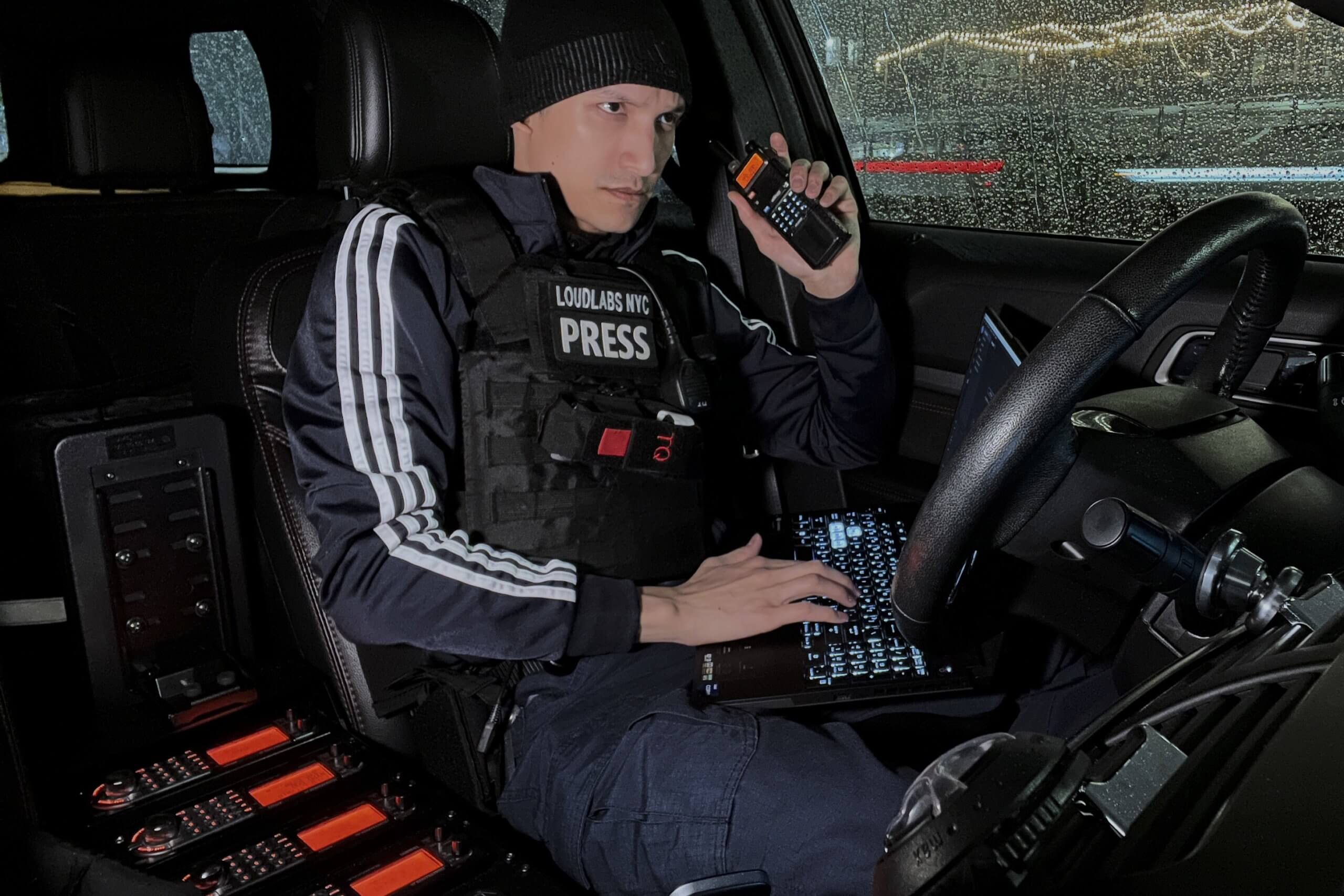
There has also been substantial angst among volunteer fire and emergency medical services over encryption.
“We’ve been told they will give us radios – we will wait and see how that works out,” one source said.
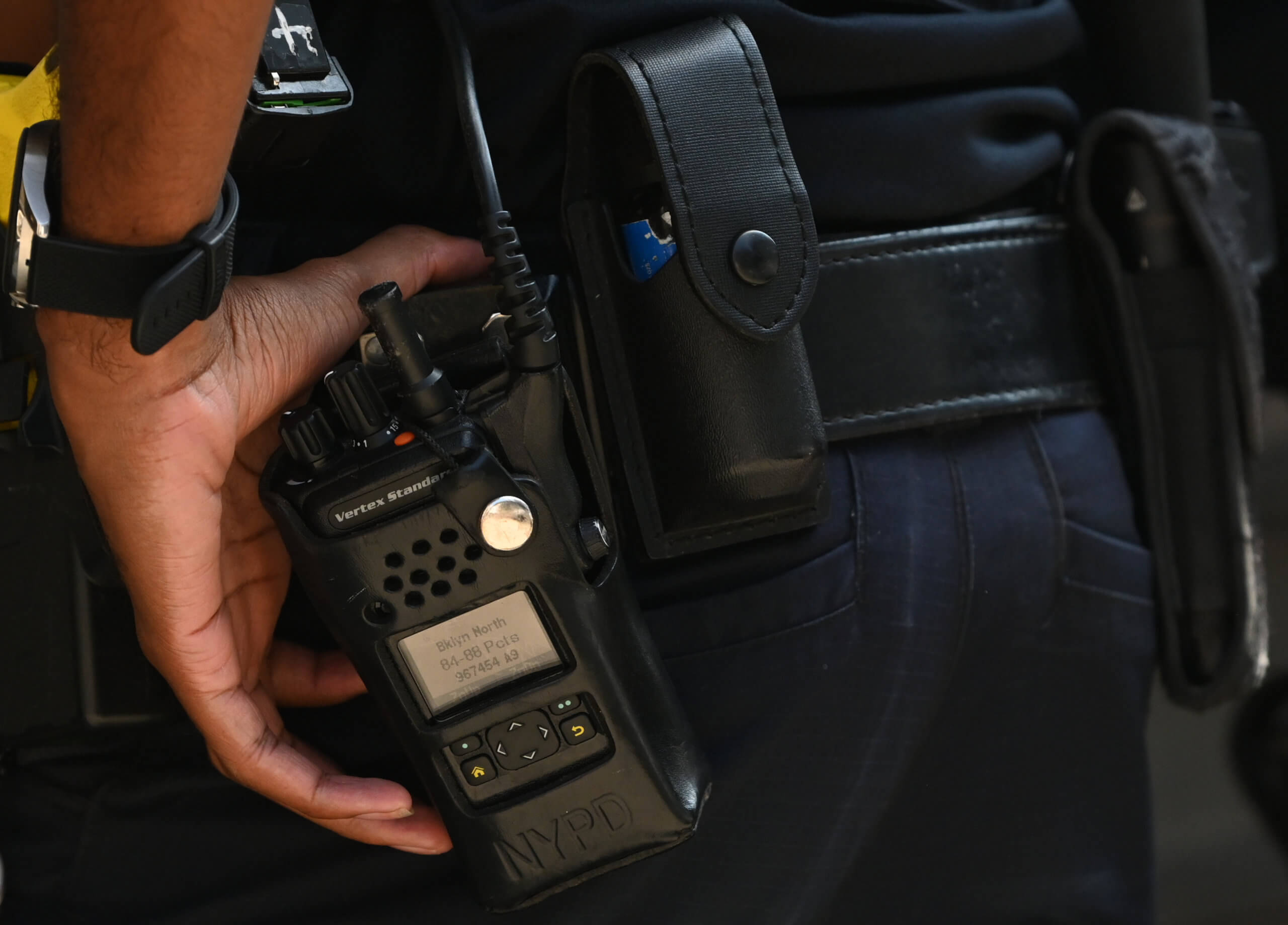
Read more: Report Highlights Costs of Dog Ownership in New York City



